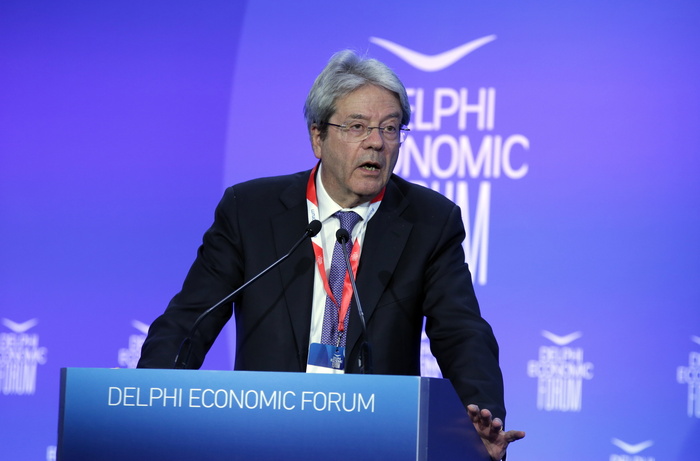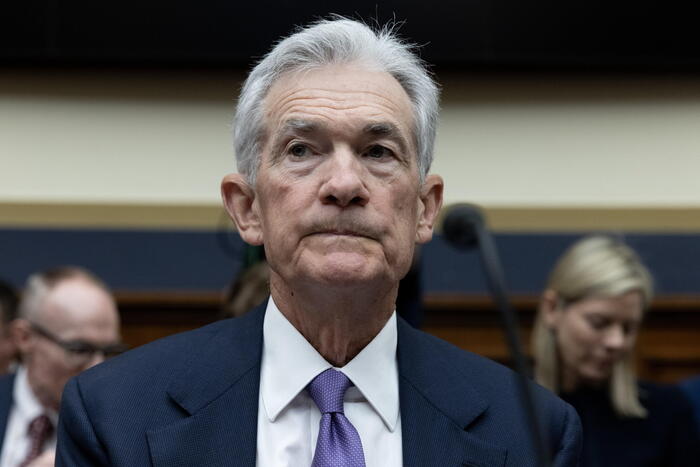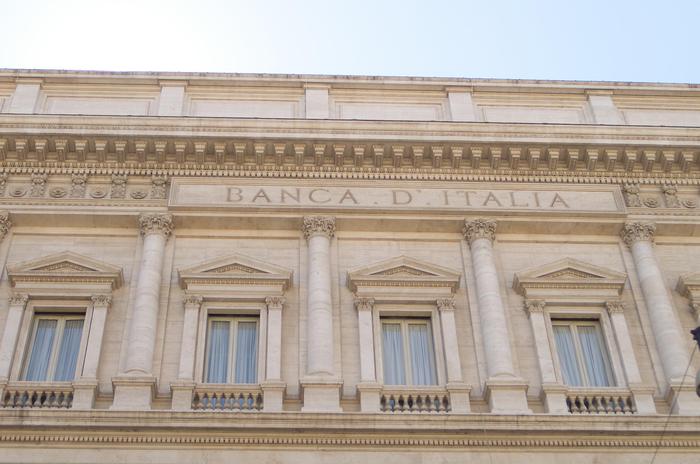Frankfurt - The day after the US Federal Reserve heralded a turnaround, prices on the stock markets rose worldwide.
The Fed wants to phase out its bond purchases.
It thus has a course correction towards a more cautious one.
Monetary policy completed.
The German share index Dax even reached an all-time high.
Apparently the US Federal Reserve did everything right.
What can the European Central Bank derive from this - and possibly learn?
We spoke to Jörg Krämer, chief economist at Commerzbank.
The Fed initiated a cautious turnaround in monetary policy on Wednesday. How do you assess this turnaround?
That is a significant change in monetary policy.
The US Federal Reserve has announced that it will stop its bond purchases by the middle of next year.
Investors expect the US Federal Reserve to begin raising rates a few months later.
Incidentally, other Anglo-Saxon central banks have also made a turnaround in monetary policy: the Canadian and Australian.
And the British central bank said yesterday that it would have to raise its key interest rates in the coming months.
A number of central banks have thus begun to respond to the economic recovery and increased inflation.
How should Europe adapt to this?
The euro area is a large economic unit.
If there were good reasons, it could decouple itself from the normalization of monetary policy in other countries.
But there are hardly any good reasons for it.
In the euro area, too, inflation has risen significantly - to 4.1 percent.
In the euro area, too, real estate prices have been rising too sharply in many countries for a long time.
And in the euro area too, too much money is being put into circulation as a result of the central bank's bond purchases.
The ECB would have good reasons to join the other central banks.
Now the central banks - including the Fed yesterday - are arguing that they view inflation as a temporary phenomenon. Do you share this argument?
I also believe that the inflation rate will fall after the turn of the year because one-off effects such as the renewed increase in VAT will end and because the oil price will not continue to rise as quickly as in the past few months.
But at the end of next year the inflation rate is likely to level off at levels higher than before the crisis.
And after that, if the ECB does not normalize its monetary policy soon, inflation will probably drift upwards.
So I expect inflation to fall temporarily after the turn of the year, while central banks are talking of a temporary rise in inflation this year.
You can also see the first signs of second-round effects. The unions are entering with significantly higher wage demands than last year. Is there a spiral going on?
The wage settlements will certainly be higher next year. Fortunately - from the ECB's point of view - not so many collective agreements will expire in the coming year. But that doesn't change the fact that the ECB's bond purchases have brought too much money into circulation. In addition, the recent high inflation has raised the inflation expectations of companies and citizens. In this circulation, prices can be raised more easily. So there is a significant risk of inflation. The ECB does not have to massively increase its key interest rate and apply a full brake on monetary policy. But she should at least take her foot off the gas, so end the bond purchases and hold out the prospect of an initial rate hike.
The securities markets have also reacted. But unlike what is actually to be expected with a more restrictive monetary policy, share prices rose. The Dax reached a new all-time high. How do you rate that?
Investors do not expect central banks to scramble to slow down.
Also, they are just learning that companies made good earnings in the third quarter.
That, of course, supports the stock markets.
In addition, the Fed has been preparing the decision to cut bond purchases very well for months in terms of communication.
Nobody got caught on the wrong foot.
From this I conclude that the ECB should also prepare very well for a turnaround in monetary policy. Are there any signals?
No, just the opposite.
Investors in the interest rate markets are expecting the key interest rate to rise as early as autumn next year.
The ECB says, however, that these expectations are premature and therefore wrong.
That is, it is talking down investors' inflation concerns.
The ECB is doing everything to ensure that it can decouple itself from the other central banks for a long time to come.
Interview: Martin Prem
+
Jörg Krämer
© Connerzbank AG













